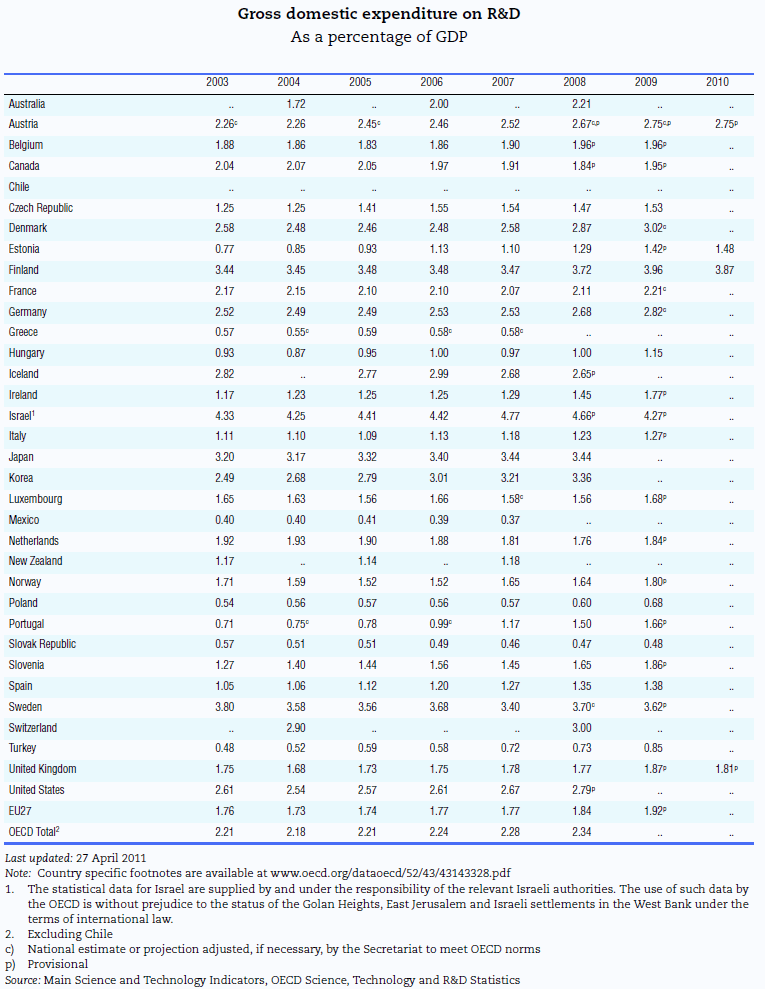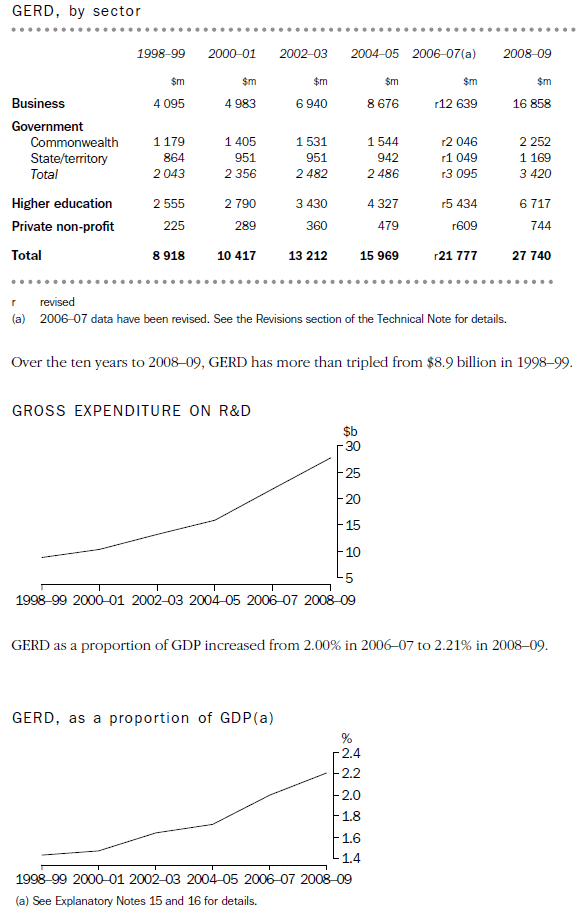|
|
|
|
|
|
|
News & Views item - August 2011 |
![]() We Done IT! (August 18, 2011)
We Done IT! (August 18, 2011)
The Minister for Innovation, Industry, Science and Research, Senator Kim Carr, told The Australian's Jill Rowbotham: "The federal government fulfilled its end of the bargain and it's quite clear that the university system is fulfilling its end of the bargain."
The preening was in response to the latest release of the ARWU rankings of the world's research universities. In the 8-years since the ARWU, (Shanghai Jiao Tong University) rankings were first published the number of Australian universities in the 500 has risen from 13 to 19 with half of the Group of Eight now in the top 100.
Tony Sheil, deputy director, research policy at Griffith University [ranked in the 401-500 cut for the first time] and a member of the QS World University Rankings Advisory Board, also writing in The Australian considers the group climb is the result of successive federal governments: "choosing not to concentrate research investment in a select number of elite institutions; successive federal governments, holding the line on good policy, have developed one of the strongest university sectors globally."
On the other hand higher education analyst Frank Larkins told Miss Rowbotham that there was plenty of evidence to suggest that universities did not have sufficient funding to conduct research and were increasingly diverting money intended for teaching into enterprises that boost research reputation measures, such as rankings: "Universities are doing it because it's critical to attract international students and collaborations," while Ross Milbourne, vice-chancellor of the University of Technology, Sydney [another addition to the cut of 401-500], said "it shows what the Australian system can produce with the limited resources we have. Think how much better we could be if resources were at the right level."
With all of this DIISR's minister continues to spruik his ERA (Excellence in Research for Australia) but without any data to support its efficacy: ""Ranking of entire universities is not our preferred measure," he said, taking the opportunity to boost the government's Excellence in Research for Australia audit. "Our preferred measure, through ERA, is excellence at the discipline level. We can provide indicators that are useful and consistent sources of data. "These types of generalised rankings are not able to provide that level of detail and utility."
And yet HHMI follows the approach of "supporting the individual" per se. Face it, Griffith University has risen in the rankings because of the individual researchers on its staff, not because of its administration or the posturing of DIISR's Minister.
Similarly, The University of Melbourne has moved 32 places up the rankings to 60th not because of its administration but because of academicians.
Mr Sheil writes: "According to the latest Australian Bureau of Statistics summary for 2008-09, gross expenditure on research and development by government, universities and business has now surpassed 2.21 per cent of gross domestic product placing Australia 11th on the Organisation for Economic Co-operation and Development list of nations on this measure. When Australia was sitting at around 1.55 per cent GERD as a proportion of GDP almost 10 years ago and ranked 18th in the OECD, even getting close to 2 per cent by 2010 was regarded as a best-case scenario. Over the last decade, GERD has more than tripled from $8.9 billion in to $27.7bn - most of this increase coming from additional business R&D, but with a healthy share coming from universities and the federal government.
However, the tables below allow you to see more clearly that Australia is overall near the middle of the pack and as of 2008 still below the OECD mean while the majority of increased R&D expenditure has been derived from the business sector.
That said the proportion of GDP that forms gross expenditure on research and development has markedly increased since 2004.
What the data obtained so far do not support is the squandering of tens of millions of dollars on developing the Senator Carr ERA rather than significantly improving Australia's research councils' peer review mechanisms.

